Alice Gross post-mortem examination inconclusive
- Published
Alice's parents say they are struggling to come to terms with why anyone would want to hurt her, as the BBC's Tom Symonds reports
A post-mortem examination on the body of murdered schoolgirl Alice Gross has failed to reveal the cause of death.
Police confirmed a body found in a west London river on Tuesday is Alice's, but say further tests are needed.
The schoolgirl, 14, was last seen on 28 August after leaving her home in Hanwell, west London.
Her parents said: "It is difficult to comprehend that our sweet and beautiful daughter was the victim of a terrible crime."
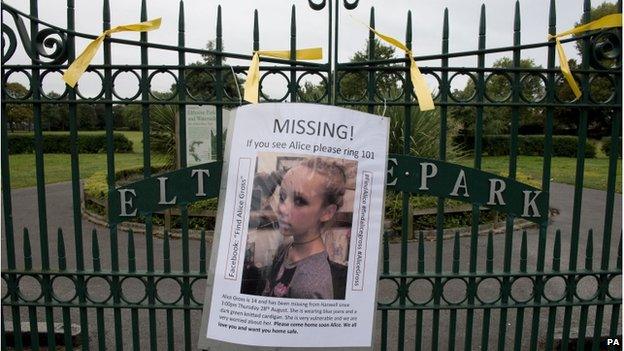
Ealing Council said yellow ribbons placed around the borough would be kept in place as a sign of respect
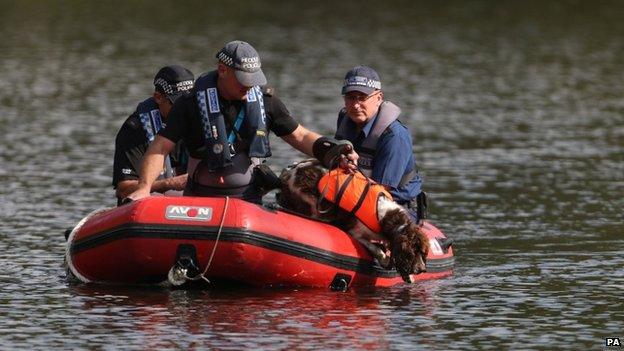
Police officers from several forces took part in the search for Alice Gross
The post-mortem examination began on Wednesday at Uxbridge Mortuary but has continued today because of the "complex nature" of the investigation, a Met Police spokesman said.
Alice's parents Rosalind Hodgkiss and Jose Gross said: "Why anyone would want to hurt her is something that we are struggling to come to terms with.
"Alice was a loving and much loved daughter and sister, a quirky live spark of a girl, beautiful inside and out.
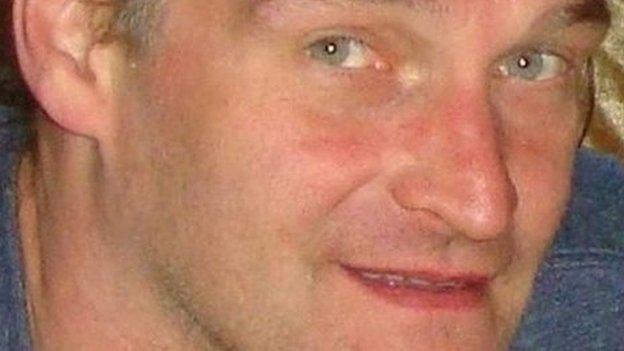
Arnis Zalkalns was last seen on 3 September - a week after Alice Gross disappeared
"She was a funny companion, a loyal friend, both passionate and compassionate, and so talented with a bright future ahead of her.
"She brought so much joy to our family and those who knew her."
Following the discovery of the body, police said their investigation into her disappearance was now a murder inquiry.
Detectives say their prime suspect is convicted killer Arnis Zalkalns. He was filmed cycling along the Grand Union Canal 15 minutes after Alice had walked along it on 28 August, and has been missing from his Ealing home since 3 September.

The 41-year-old served seven years in prison in his native country for bludgeoning and stabbing his wife Rudite to death.
When police found the body on Tuesday they said significant efforts had been made to conceal it.
Alice's disappearance prompted an outpouring of support in her local community, where yellow ribbons and bows still adorn the streets.
Leader of Ealing Council Julian Bell said the yellow ribbons would be kept in place.
The flag above the town hall is flying at half mast as a mark of respect and the council has opened a book of condolence for people who want to leave a message for Alice's family.
Mr Bell told BBC London 94.9: "A community that was united in hope is now united in grief".
- Published3 October 2014
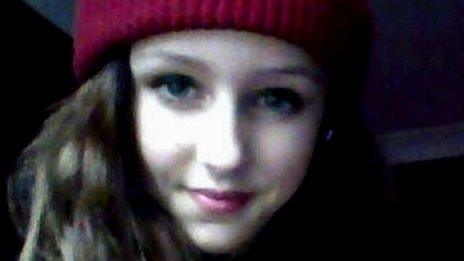
- Published1 October 2014

- Published1 October 2014
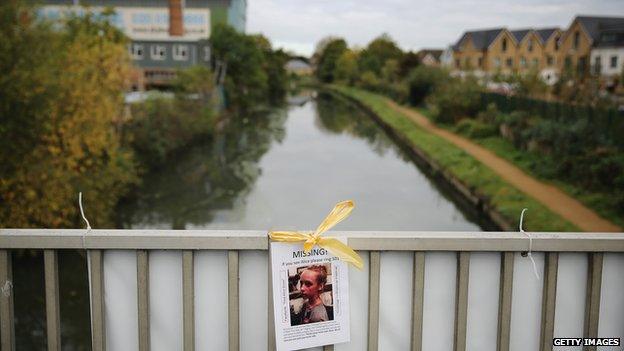
- Published1 October 2014

- Published14 September 2015
- Published27 January 2015
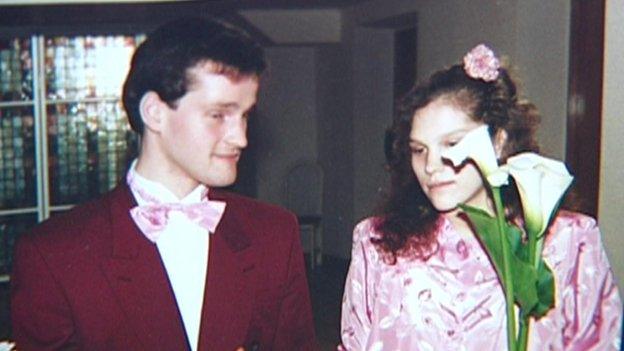
- Published1 October 2014

- Published18 September 2014
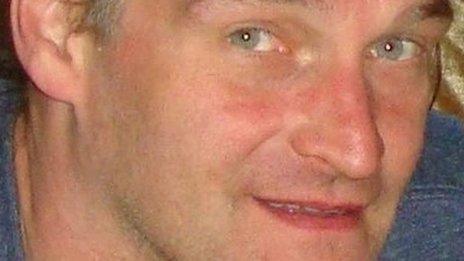
- Published18 September 2014
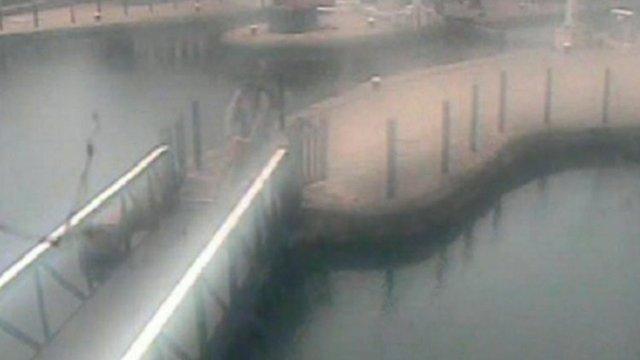
- Published19 September 2014

- Published25 September 2014
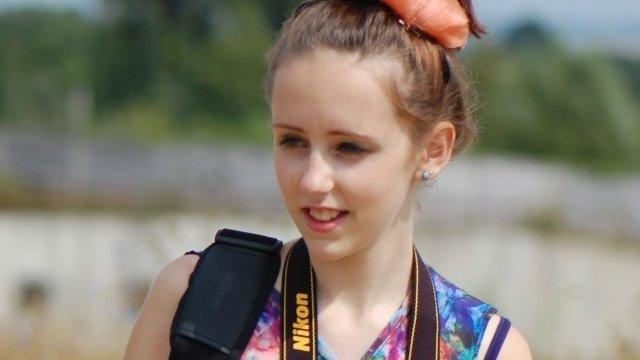
- Published25 September 2014
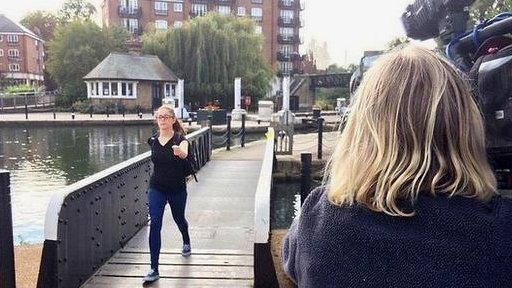
- Published26 September 2014
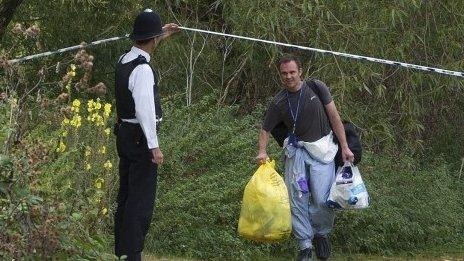
- Published27 September 2014
